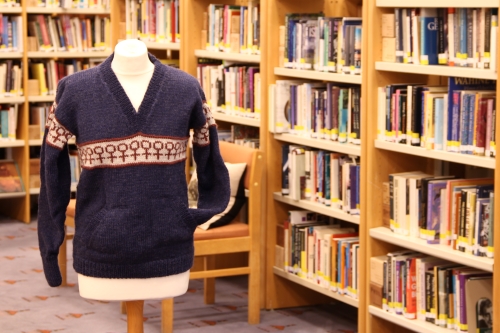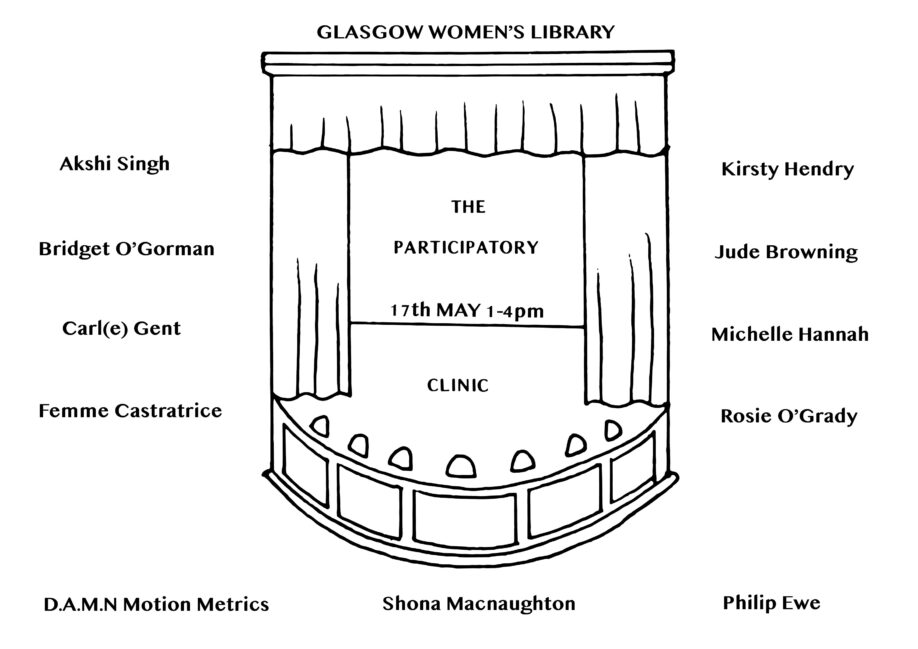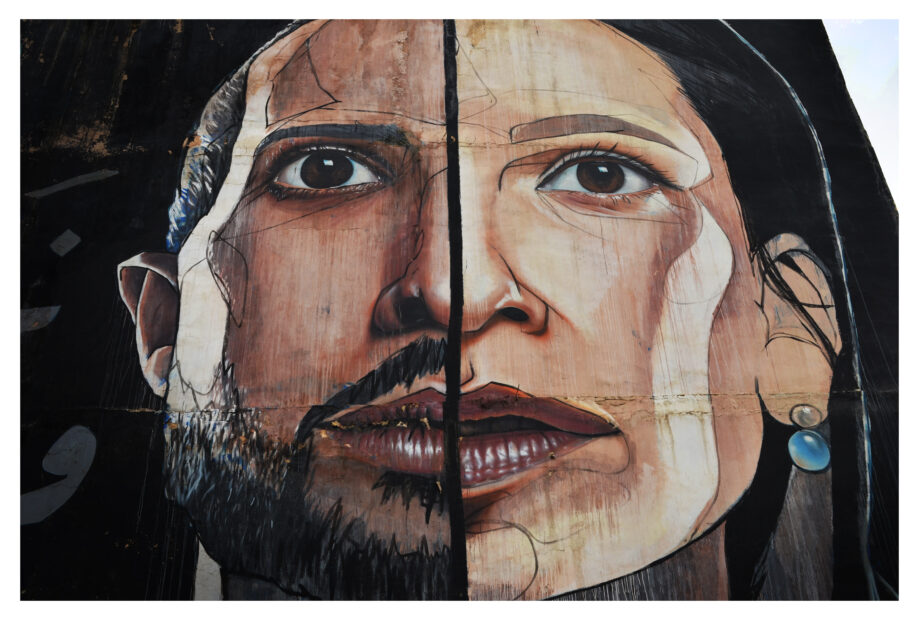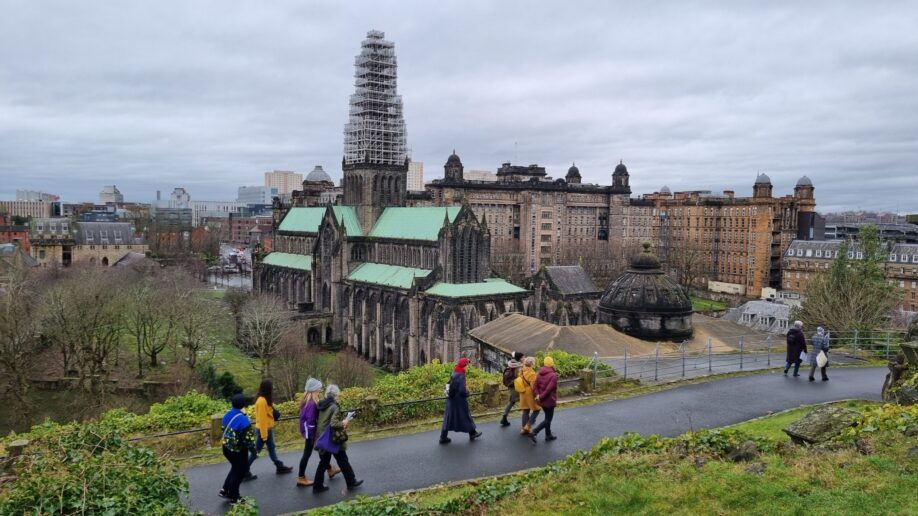In her third blog student placement Amelia takes a look back at Green Events at GWL over the last decade…
Whilst trying to map environmentalism at Glasgow Women’s Library (GWL) over the past 30 years I got the chance to look though their event programmes from the early 2010s to the current day. After taking to time to look through all this material I believe it is important to highlight some of the hard work the library has done to educate people and help the environment through their interesting events and workshops.
In 2013, the autumn programme highlighted an event called Firebrand Women: Peace Campaigners. This was an hour and a half talk that gave participants the opportunity to learn about the lives and stories of women who have been instrumental in the campaign against nuclear weapons. These women aimed to end the government’s insistence on developing nuclear weapons and challenge their view that these weapons are necessary to protect the population. They did this, in part by suggesting some non-violent, and less damaging, alternatives. Whilst looking through the archives I found a woman who exemplifies these ‘firebrand women’ perfectly: Kathleen Miller. Starting in the 1970s, she became an activist who fought against potential plans for a nuclear waste disposal site to be developed in the Galloway Hills. She also later went on to join a campaign that was responsible for stopping test-boring for nuclear waste storage occurring in Mullwharchar. You can find more information about her in the Kathleen Miller Archive in GWL’s collection.
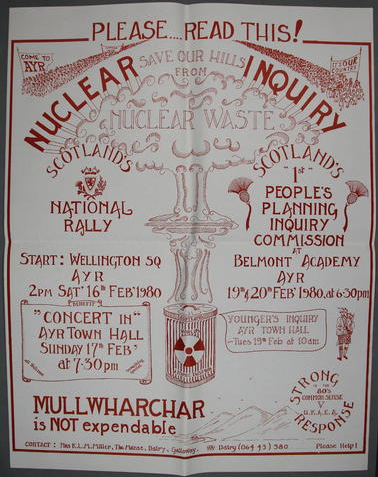
Although environmentalism is not the only reason for anti-nuclear campaigns, sometimes not the main reason, nuclear power and waste has a terrible and detrimental impact on the environment. This means that any work that the library is doing to educate people on the dangers of nuclear power and weapons, and encourage an end to them being used, is having a positive impact on the environment and helping in their campaign for a greener future.
Another theme of events from the programmes that promotes an eco-friendlier attitude to life is encouraging people to get into cycling. In July 2013 GWL held an event called Bikes and Scone, in which they encouraged people to cycle along to the library to meet other women cyclists, with the goal of getting more visitors to cycle to the library in the future, instead of driving. At the event they helped women find out information about bike services that were women friendly in the hopes of persuading the attendees, and people they may know, to consider travelling by bike next time they visit the organisation. This was also echoed in many later issues of the events programme, starting in 2015, where there is a section at the front of each booklet titled Greener Ways to Get to Bridgeton. In this short article readers are given helpful information about ways of getting to the library by bike, on foot or by public transport, as opposed to travelling by car. This shows that, even many years before the development of their Roadmap to Net Zero handbook, GWL has been making a conscious effort to reduce their overall carbon footprint, not just of the building but also the people who come to the library to visit. This was also amplified in 2014 when they invited Kate Rawles to discuss her book The Carbon Cycle, in which she tells her story of cycling 4500 miles from Texas to Alaska, whilst speaking to people from different parts of North America about climate change along the way. The Women’s Library’s continued desire to encourage more people to ditch cars and look for more environmentally conscious ways to travel shows that they understand that responses to climate change don’t always have to be large, revolutionary responses, small things an individual can do in their day-to-day can also make a difference. Caroline Gausden, current member of the library’s green cluster, spoke about this in my interview with her when she stated that “a lot of things that we used to do were much more green than what we do now” and added that you don’t have to “reinvent the wheel” when it comes to thinking of solutions to help fight climate change.
These highlighted events from past event programmes show the Glasgow Women’s Library has had environmentalism and climate justice on its mind for a long time and has carried this thinking through its development since its inception. As an activist organisation, the people involved in the library understood, and continue to understand, the importance of being at the forefront of this pressing issue.

This content is licensed under a Creative Commons Attribution 4.0 International License.

